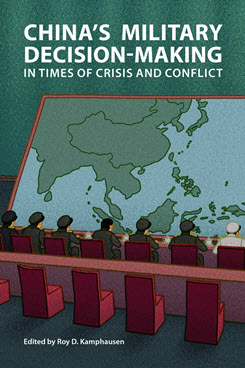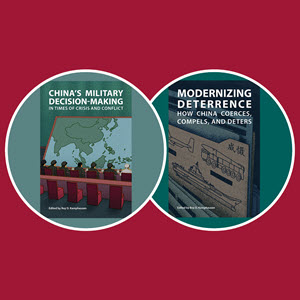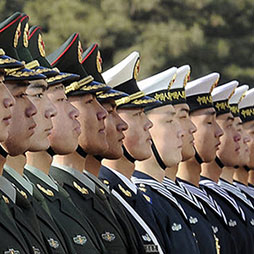How China Approaches Military Crises and the Implications for Crisis Management
This chapter examines China’s views of and approach to military crises and discusses the implications for crisis avoidance and management options, especially for the U.S.
EXECUTIVE SUMMARY
MAIN ARGUMENT
In crisis situations, China’s primary objective is to advance its interests and “win.” Reducing escalation risks is, at best, a secondary consideration. Moreover, Beijing believes that it can benefit from escalation, due to a deep-seated belief that it can readily control military crises, conflicts, and even wars. The one exception is the use of nuclear weapons. Beijing does not think that nuclear escalation would be controlled in a crisis or armed conflict between the U.S. and China, or any other powers. Whether its ongoing nuclear buildup will change this long-standing approach is not yet clear. Regardless, Beijing’s mindset leads it to assume that Washington pushes for crisis avoidance and management mechanisms less to deal with problems as they emerge than to undermine China and, in the end, increase its power and influence. Under these conditions, the prospects for successful U.S.-China cooperation on improving such mechanisms appear bleak.
POLICY IMPLICATIONS
- Understanding China’s views of and approaches to crises in general and military crises in particular is paramount to manage expectations about the prospects for new U.S.-China crisis avoidance and crisis management mechanisms.
- Adapting the goals of these mechanisms by focusing them less on managing or resolving emerging military problems and more on communicating positions and intentions may yield better results and prove useful.
- Investing in unofficial U.S.-China dialogues about crisis escalation and management should be a priority given the wide conceptual gap that exists between the U.S. and Chinese approaches as well as the misperceptions and misunderstandings that each side has about the other.
David Santoro is President and CEO of the Honolulu-based Pacific Forum, where he specializes in strategic deterrence, nonproliferation, and the geopolitics of Asia and Europe.



 Assessing U.S.-China Deterrence Dynamics and Crisis Management
Assessing U.S.-China Deterrence Dynamics and Crisis Management
